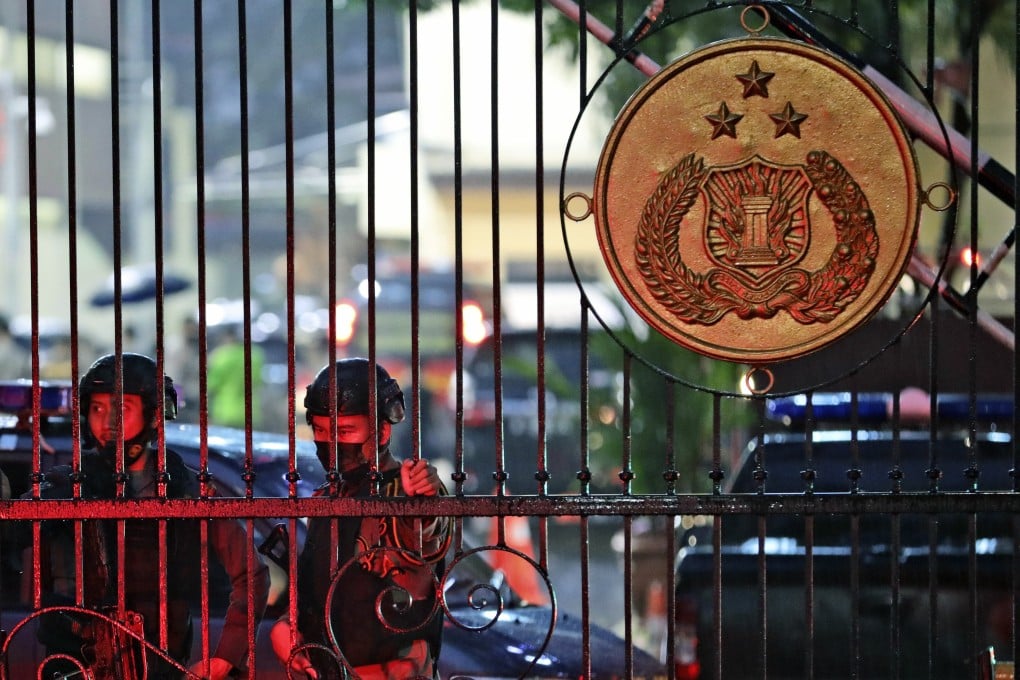Advertisement
As I see it | Indonesia needs more women in counterterrorism, like Malaysia’s Normah Ishak
- The two terror attacks in Indonesia this week point to an alarming trend: women are taking a leading role in extremist causes, and in some cases supplanting men as frontliners
- As Jakarta moves to invest in women to close the gender gap, it should show that they can be as influential as men in the fields of intelligence and security
Reading Time:3 minutes
Why you can trust SCMP

Indonesia’s two terror attacks this week resulted in limited casualties, but they point to an increasingly alarming trend.
While women have always been crucial to terrorist networks, mostly behind the scenes, they are taking a leading role in extremist causes and in some cases supplanting men as terror masterminds’ frontliners of choice.
After a recently married couple – the woman being four months pregnant – unleashed a pressure-cooker bomb at a cathedral in Makassar on Palm Sunday, killing themselves and injuring at least 20 others, three women were among those arrested for possible links to the perpetrators. On Thursday, a 25-year-old female university dropout went to the national police headquarters in Jakarta and fired at officers. She was shot dead.
Advertisement
In a report published last September, the Institute for Policy Analysis of Conflict (IPAC) think tank pointed to the growing number of female extremists in Indonesia. While only four women had been imprisoned on terrorism charges before the declaration of Islamic State (Isis) in June 2014, by last September there were 39 women awaiting trial or serving sentences for terrorism in the country.
What changed? Experts who have studied Indonesian terrorist networks say women have always been crucial to their resilience. Among other things, they raised funds to conduct attacks, evaded surveillance to pass messages, and were part of marriages that solidified ties between groups with jihadist leanings.
Advertisement
Advertisement
Select Voice
Select Speed
1.00x
